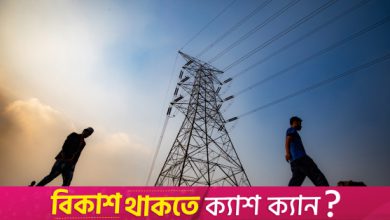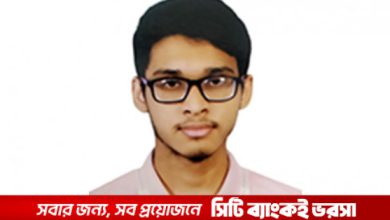‘Chalaiden’: Misinformation war grips social media


Representational image. Photo: Collected
“>
Representational image. Photo: Collected
Around 8 in the evening on 3 August, as the dust from the student protest at the Central Shaheed Minar began to settle, several posts started appearing on social media from the profiles of members of the Bangladesh Chhatra League (BCL), the student wing of the ruling Awami League (AL), as well as from some protesters themselves.
The posts started to appear after the Anti-Discrimination Student Movement, the platform organising the ongoing protests across the country, announced its one-point demand for the Prime Minister’s resignation at the Shaheed Minar earlier that day.
Some posts by BCL members claimed that the protest coordinators, Hasnath Abdullah and Sarjis Alam, received Tk5 crore as a bribe to escalate the movement. Others alleged that the Rapid Action Battalion (RAB) seized Tk2 crore from one of the coordinators’ homes, accompanied by a photo of bundles of cash. Another rumour suggested that the coordinators were fleeing Dhaka, the capital city.
Before these posts went viral, the rumours began with a couple of revived posts stating, “Tomorrow Dhaka will be cleared in 7 minutes.” These posts were accompanied by old photographs and videos of BCL members in procession or assembly.
In the comment sections, people started identifying the original sources of the shared photos.
On the other hand, posts by the protesters demanded that BCL leaders were fleeing the capital or that the AL was cancelling their programmes of 4 August. In one such post, they used the BCL logo and the signature of a BCL leader.
“In the last two days, we have received countless requests from people to debunk misinformation or fake posts, and the situation has reached a peak where we are now incapable of tracking and debunking every piece of information available online right now. We are now working on some of them, which we felt are very important to debunk,” said Qadaruddin Shishir, fact check editor of AFP’s Dhaka bureau.
Shishir coordinates the AFP Fact Check’s Bangla-language site.
According to Shishir, through these posts co-ordinated disinformation is being dispersed. It reached an extreme level on 3 August.
“They are creating numerous fake screenshots to disperse such disinformation with two primary intentions – to demoralise the protest and to encourage the members of the BCL,” Shishir said.
Sarcasm to fight swirling disinformation
The protesters decided to respond to this disinformation campaign with a counter “chalaiden” campaign. The term “chalaiden” in Bangla means “run it online” or “spread it”.
Typically, BCL leaders write up the posts in private chat groups, and everyone in those groups copies and pastes the post on their personal social media profiles. In one such post, someone forgot to remove the instruction “chalaiden” and posted the words online.
Since then, such rumours have been identified as part of the “chalaiden” campaign. Now whatever they post, the students and protesters comment “chalaiden.”
Protestors are reverse-engineering the rumours circulating online with a touch of humour, with photo cards featuring celebrities from Imran Hashmi, Donald Trump and Sunny Leone, all supposedly supporting BCL quotes.
Some even went further. Last night BCL leaders circulated a video claiming they had taken over TSC in the Dhaka University area, and gathered there late at night.
In response to that, seven young people actually went there, posted photos and made videos showing that there were only a few dogs roaming there. Ironically, some journalists also went to cover the demonstration, only to find an empty campus.
According to Shishir, in a developing crisis like this, people tend to share more misinformation online. There are two reasons for this: the information rush during a crisis and the lack of confidence in information streaming from mainstream media.
“Mainstream media is perceived to be controlled by the government in such situations. Hence when people get any information which is not found in the regular media, they feel the urge to share it without verifying whether it is from a trustworthy source or not. Furthermore, when a wave of information appears, it is not possible to cross check every piece of information,” Shishir said.




